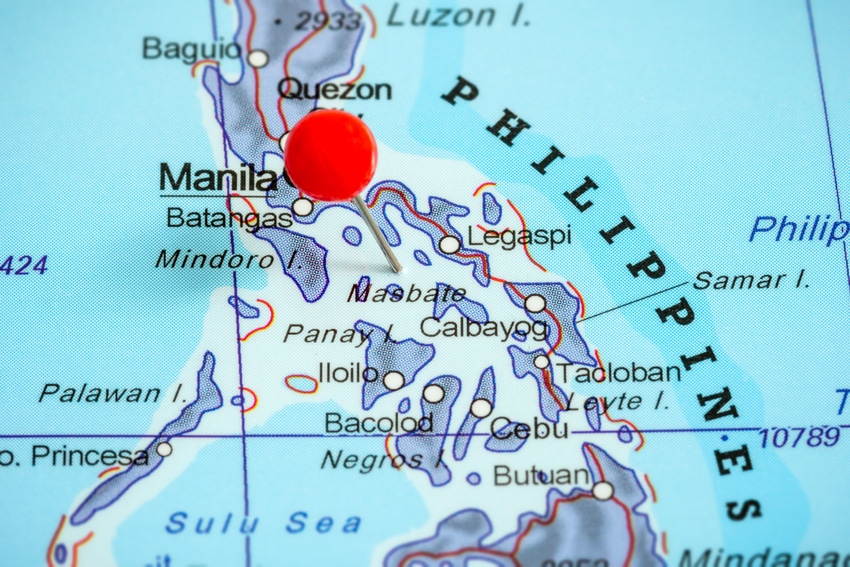
Private equity firm KKR is on track with its plan to invest approximately $400 million in telecom tower operations in the Philippines, the US Department of Commerce said on Wednesday at the conclusion of a two-day trade mission in the Asean country.
KKR will develop and acquire roughly 2,000 towers to support digital connectivity across the Philippines as part of its investment in Pinnacle Towers, which owns the largest independent telecom tower business in the country.
The equity firm made its investment in Pinnacle Towers in 2020 through its infrastructure fund. The investment represents KKR's second infrastructure investment in the Philippines and the firm's fourth overall investment with a focus on the market.
In 2022, a unit of KKR acquired 3,529 telecom towers for 45 billion pesos (US$814.73 million) in a sale and leaseback deal with local mobile operator Globe Telecom. It also bought another 1,012 towers for over 12.1 billion pesos ($218 million) from PLDT in March last year.
"KKR continues to be highly attracted to the dynamic Philippines market and looks to do more to support national infrastructure and development priorities," the US Department of Commerce said in a statement.
$1 billion investment
KKR was part of the first high-level US trade and investment mission to the Philippines led by US Commerce Secretary Gina Raimondo.
The trade mission that started Monday included top executives from 22 American companies such as Google, Microsoft, Visa, UPS and Mastercard, and they have pledged to invest more than $1 billion (PHP56 million) in the country. The investments would be in areas such as solar energy, electric vehicles and digitization.
"These companies are announcing over a billion dollars of US investments, including creating educational opportunities to over 30 million Filipinos in the form of digital upskilling, AI (artificial intelligence) training," said Raimondo during a press conference hosted in Manila on Monday.
Several of the notable deals include:
Google is rolling out Google Career Certificates in 50 Department of Trade and Industry (DTI) virtual campuses covering over 1,300 DTI Negosyo Centers in 16 regions nationwide. Separately, Google is on target to complete the TPU (Taiwan-Philippines-United States) subsea cable system by the end of 2025.
Microsoft is working with the Philippine central bank and the country's budget and trade departments to identify how Microsoft 365 Copilot chatbot tool and Azure OpenAI capabilities can boost the agencies' productivity. Furthermore, Microsoft and the Technical Education and Skills Development Authority are also helping to train 100,000 Filipino women and thousands more job seekers in AI skills.
Meta has invested in the Pacific Light Cable Network international submarine cable system, which is supporting the Philippine government's new National Fiber Backbone Phase 1. This project will connect the US with locations on Luzon Island, the country's most populous island and home to Manila, and will be launched on March 25.
The landmark US trade mission arrived nearly ten months after Philippine President Ferdinand Marcos Jr.'s state visit to Washington, DC, in May 2023, when both the US and the Philippines agreed to strengthen defensive and economic ties amid the heightened tension brought by China's assertive stance on the South China Sea.
Read more about:
AsiaAbout the Author(s)
You May Also Like




.jpg?width=300&auto=webp&quality=80&disable=upscale)







